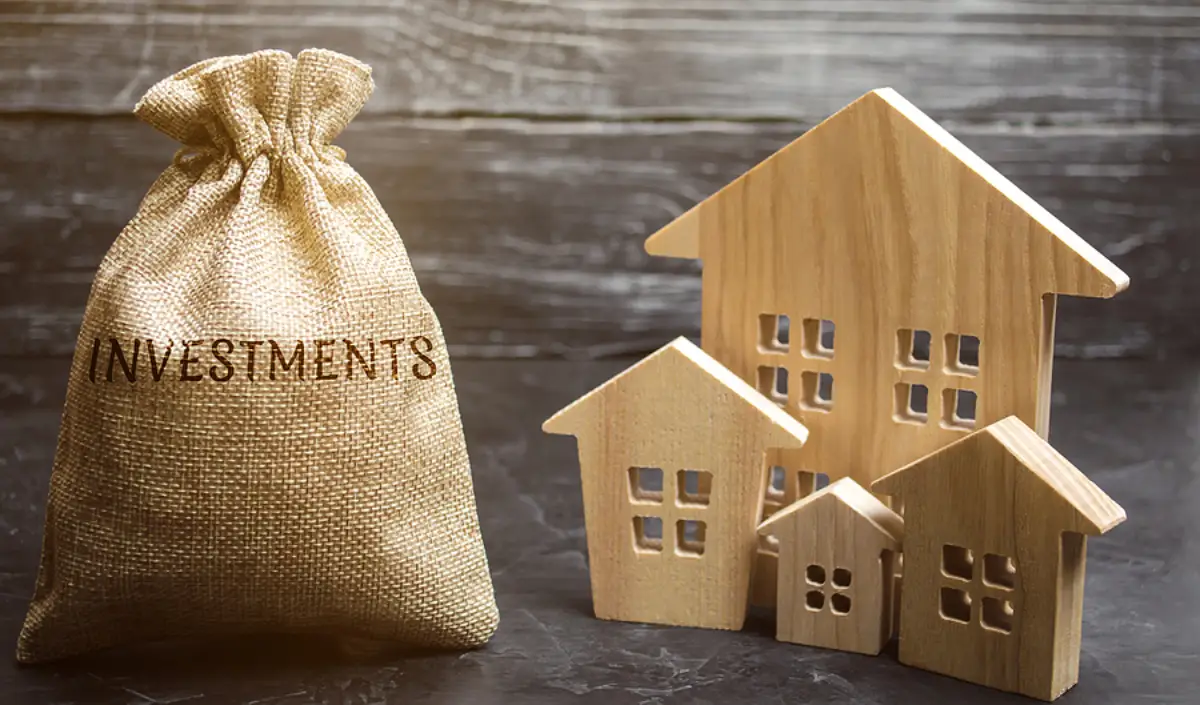Not all income-producing properties are truly profitable—especially if you’re not actively tracking the numbers that matter. Being a landlord isn’t just about collecting rent each month. It’s about building sustainable wealth, and that requires clarity on your return on investment (ROI), cash flow, and long-term profitability.
Whether you’re managing a single rental or expanding your portfolio, having a strong financial pulse on your properties empowers you to make smart decisions—from adjusting rents to planning renovations. In places like Coeur d’Alene, where the market is dynamic and competitive, understanding these metrics can make or break your success as a real estate investor.
For example, evaluating ROI helps you identify which properties are truly performing. Assessing cash flow gives you insight into month-to-month financial health. And calculating long-term profit ensures your investment is actually growing over time. All of this becomes easier when you work with professionals who understand local market dynamics. Check out these essential tips for first-time landlords in Coeur d'Alene to build your foundation the right way.
Key Takeaways
- ROI shows your total return and helps you measure if your investment strategy is working.
- Cash flow reflects how much you’re earning after monthly expenses.
- Long-term profit includes equity growth, appreciation, and tax advantages.
- Property management tools can simplify tracking and boost accuracy.
- Professional guidance helps reduce turnover, optimize rents, and improve financial outcomes.
What ROI Means for Coeur d’Alene Landlords
Return on investment (ROI) is the metric that tells you how well your money is working. It's not just a financial term—it's your performance report card.
ROI Formula:
(Annual Net Profit ÷ Total Investment) × 100
Your total investment includes:
- Purchase price
- Closing fees
- Renovation or repair costs
For instance, if you bought a property for $350,000 and earned $17,500 in net income last year, your ROI would be 5%. That’s considered a healthy return, especially for single-family rentals in Idaho. Most investors aim for between 5% and 10%.
If your ROI is lower, it could signal hidden expenses or underperformance—perhaps it’s time to revisit your rent pricing or reduce vacancy loss. You might start by reviewing which neighborhoods in Coeur d’Alene are ideal for real estate investment.
Breaking Down Monthly Cash Flow
Cash flow is your rental’s income after all recurring costs are paid. While ROI measures the overall return, cash flow shows what’s left in your pocket each month.
Cash Flow Formula:
Total Rental Income – Monthly Expenses = Cash Flow
Say your Coeur d’Alene rental brings in $2,400 a month in rent. If your monthly mortgage, insurance, taxes, and maintenance come to $2,100, your cash flow is $300. That $300 is your financial cushion—and the first line of defense against unexpected costs.
Landlords often apply the “1% rule,” where rent equals at least 1% of the property value. For example, a $300,000 home should ideally rent for $3,000/month. While this doesn’t always align with the local market, it’s a useful benchmark when evaluating rental pricing strategies.
If your cash flow is consistently low or negative, it's time to reconsider how you structure rent, screen tenants, or manage expenses.
The Difference Between Profit and Cash Flow
A property with positive cash flow doesn’t automatically mean it’s profitable over time. That’s where long-term profit comes in.
Profit encompasses:
- Appreciation of property value
- Major renovations and upgrades
- Depreciation and tax deductions
- The eventual selling price of the property
- Reduced vacancy and turnover costs
Think of it this way: cash flow is your rental’s current financial health, while profit represents its long-term contribution to your net worth. For example, installing a new HVAC system may dent your short-term cash flow, but increase your property’s value, leading to higher rent or resale gains.
Working with experts can help you strike the right balance between current income and future wealth. Use tools and experienced support to track these metrics accurately and adjust your strategies accordingly.
Simple Strategies for Tracking Rental Performance
You don’t need a background in accounting to keep tabs on your rental’s performance—you just need a clear and repeatable system.
How to Keep it All Organized:
- Track all income and expenses monthly
- Digitize invoices, receipts, and lease agreements
- Use dedicated software for property management
- Hire a professional if your portfolio grows
Spreadsheets can work for a single unit, but anything beyond that should be supported by tools or experts. Platforms like Buildium, Stessa, or even basic QuickBooks setups can automate your financial reports and reveal trends over time.
And if you’re considering adjusting rental rates in the coming year, use this guide on how to calculate rental increases in Coeur d’Alene to ensure you’re staying competitive while protecting your profit margins.
Improving ROI Without Overspending
Boosting your ROI doesn’t always mean spending big. In fact, many strategic upgrades pay off quickly with higher rents or fewer repairs.
Here are a few ROI-boosting ideas:
- Smart Renovations: Kitchens and bathrooms offer the highest return.
- Energy-Efficient Upgrades: LED lighting and efficient HVAC systems lower bills.
- Raise Rent Strategically: Adjust pricing at lease renewals, not mid-term.
- Avoid Frequent Turnover: Keeping long-term tenants saves $1,000–$5,000 per turnover.
- Use Tax Advantages: Deduct depreciation, repairs, and mortgage interest.
- Plan for the Future: Consider a 1031 exchange when selling to defer taxes.
Coeur d’Alene’s growing rental market means you have options—but the best ROI comes from treating your rental like a business and making decisions based on data, not gut feelings.
Mistakes That Derail Landlord Profits
Many rental owners leave money on the table simply by failing to track or understand the numbers. Here’s what to avoid:
- Ignoring small repairs that turn into major issues
- Guessing rent prices without market research
- Forgetting to budget for vacancy periods
- Neglecting depreciation and tax filings
- Mixing personal and business expenses
These common errors often stem from poor organization or time constraints—both of which can be solved with professional property management.
Invest Smarter in Coeur d’Alene with PMI Coeur d'Alene
Every rental property tells a financial story, but not every landlord knows how to read it. Understanding ROI, cash flow, and profit is your gateway to smarter investing, higher returns, and long-term growth.
PMI Coeur d’Alene is here to help you take the guesswork out of your rental performance. Whether you own one property or ten, our expert team delivers clear monthly reporting, smart rent analysis, and proactive management that protects your bottom line.
Ready to see what your property is really earning? Connect with our Coeur d'Alene team today and unlock your rental's full potential.
FAQs
What is a good ROI for a rental property in Coeur d’Alene?
A typical ROI target for single-family rentals is 5% to 10%. Anything below may require you to evaluate expenses or raise rents.
Is cash flow or ROI more important?
Both are important—cash flow helps with short-term liquidity, while ROI gives you a broader picture of your investment’s overall performance.
Can I still be profitable with a mortgage?
Yes, but your profitability depends on managing expenses and setting competitive rental rates that cover your mortgage and operating costs.
How do I reduce turnover costs?
Keep quality tenants by responding quickly to maintenance, offering fair rent pricing, and providing a clean, well-maintained property.
Should I manage the property myself or hire help?
If you want to maximize profits and reduce stress, partnering with a local property management company like PMI Coeur d’Alene can simplify your workload and improve results.


